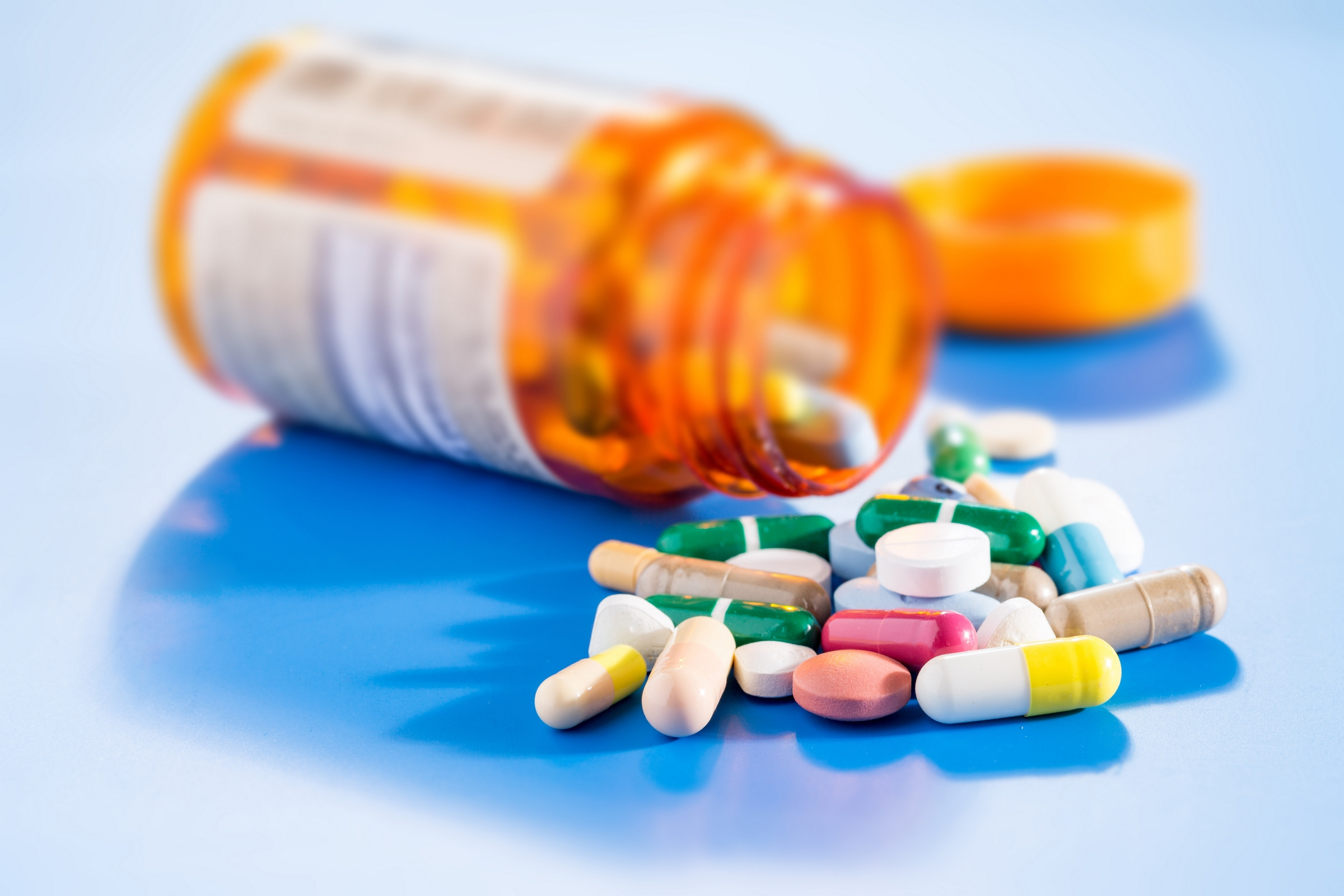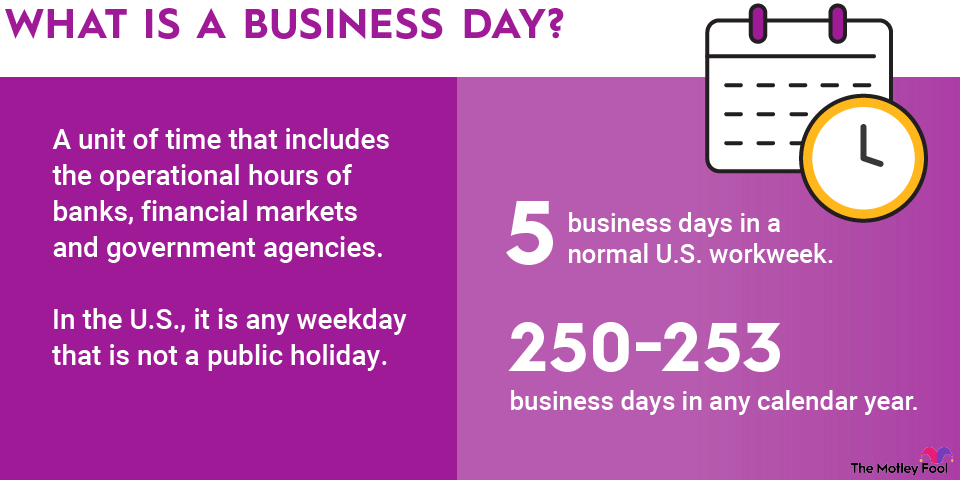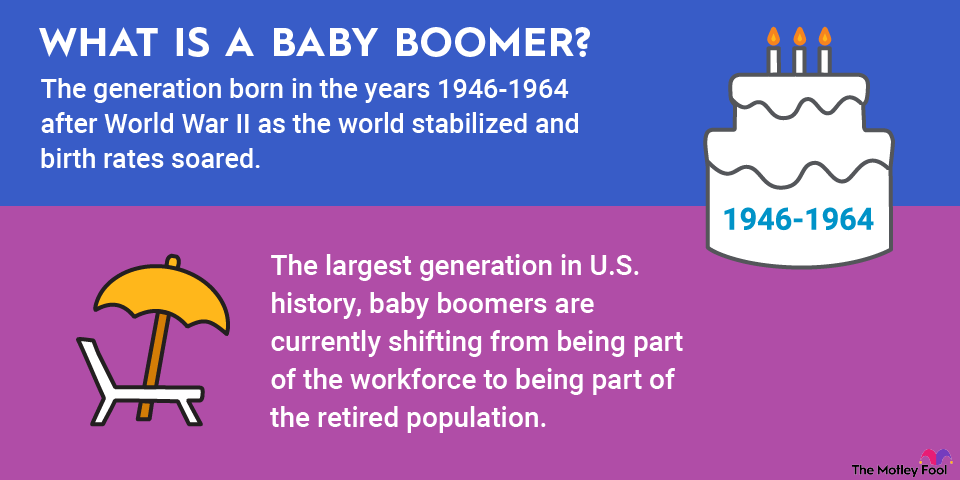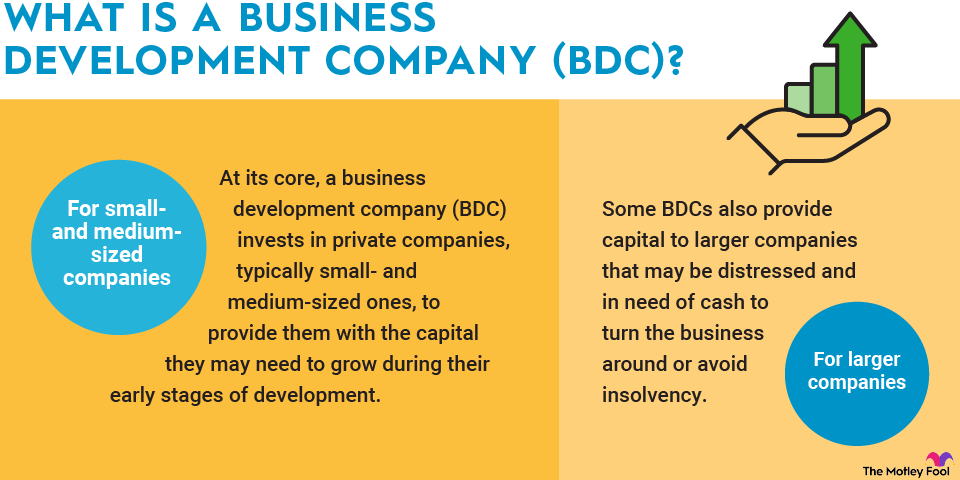Standing in line at the pharmacy, you've probably pondered the many bottles and vials containing various medications on the shelf, including biologics. These are important drugs to treat specific diseases, and are often expensive medications that act as flagship products for pharmaceutical manufacturers. Read on to better understand what biologics are and why you might invest in them.

What are biologics?
Biologics are a class of medications that run the gamut from vaccines to immunotherapy, and even gene therapy and cloned antibodies. The thing that unites this disparate group of medications is that they're all created inside an organic being, whether that's a microscopic organism like a bacterium or a whole person, as in the case of blood products.
Some examples of biologics include:
- Blood and blood products.
- Tissues for transplantation.
- Vaccines.
- Insulin therapy.
- Immunotherapy.
- Stem cell therapy.
- Gene therapy.
- Monoclonal antibody therapy.
- Immunosuppressants.
- Disease-modifying antirheumatic drugs.
By and large, biologics have to be given with an injection or infusion, and they are rarely able to be manufactured in a pill form. They're also expensive to manufacture to standards that ensure relative consistency, a requirement of the U.S. Food and Drug Administration.
Biologics versus small-molecule drugs
Small-molecule drugs are drugs that are created in a lab using chemistry and often come in pill form. Things like acetaminophen, allergy medication, or antacids are common small-molecule drugs. They're easy to create, shelf-stable, and easy to self-administer. Because of the process through which they're made, they're also extremely consistent from batch to batch.
Biologics, on the other hand, are created using some kind of biological organism, and due to this, are not consistent, though manufacturers strive to get similar results from batch to batch. They're also often very fragile due to their origins and must generally be kept cold or at a specific temperature to perform at their best. These drugs are often expensive to manufacture and are used in medical settings and to treat uncommon diseases.
Biologics versus biosimilars
When a small molecule drug goes off patent and can be manufactured by other companies, each has the same recipe they use, so it's the same no matter what. Those are generic drugs, and they're identical to the formerly patented drug.
Biologics have their own corresponding type of medication, known as a biosimilar, but they're not identical to the original patent and, therefore, not a generic. Instead, biosimilars are highly similar, but are permitted to have minor differences from the reference drugs as long as the results are the same. Patients must be able to trust biosimilars in the same way as the original biologic, even if they're slightly different.
Related investing topics
Why biologics matter to investors
Biologic drugs should matter a great deal to investors in the pharmaceutical, biotech, and other related spaces. These medications tend to be high-margin drugs, despite their high cost of production, and may be the one and only flagship product of a small drug company. It's important to understand that these are very different from small-molecule drugs in order to understand what's involved in the production.
There's a lot of risk for biologics manufacturers versus other types of pharmaceutical companies, and if you're going to invest in these types of businesses, you should be getting a premium for that risk that you're taking. If a company is in the biologics business and has just one bad run of meds, it could be a serious problem for their balance sheet, customers, and future, since customers may rely on that medication to save or preserve their lives and cannot wait for manufacturing to get back on track if something goes wrong.
Pharmaceutical manufacturers can be a part of a portfolio with a long-term time horizon, but it's important to understand the drugs they make, the risks associated with them, and what other drugs or treatments may be in the pipeline so they're not relying too heavily on a difficult-to-manufacture drug like a single popular biologic.



















